KYIV. Dec 9 (Interfax-Ukraine) – The European Commission and the European Bank for Reconstruction and Development (EBRD) are working to support key infrastructure projects within the Solidarity Lanes – the new logistics routes for Ukraine – and will soon introduce the first "blending instrument" combining EU grants and EBRD loans to support projects along these routes, European Commissioner for Transport Adina Vălean said.
"We have done what we can with the resources we have. To go further – and we must go further – we need more investment: in rolling stock, scanners and transhipment equipment, and infrastructure upgrades," she said at the Thursday conference organized jointly with the EBRD to discuss the financing of the Solidarity Lanes.
As noted in the speech of the European Commissioner on her website, the meeting was joined by ministers and secretaries from Ukraine, Moldova, Poland and Romania, who expressed their opinion on the need for investment in infrastructure, on their territories and the cross-border connections.
Vălean said the Solidarity Lanes are now almost seven months old and more than 17 million tonnes of cereals, plus many other products, from humanitarian aid to fuel, animal feed and fertilizers, were transported along them.
She especially thanked Poland, Slovakia and Romania, which accounted for the main flow. In particular, according to the European Commissioner, the Danube route and the port of Constanta are in the greatest demand: they account for more than 50% of grain exports along the Roads of Solidarity.
The overland northern Polish route is the second busiest, and other corridors, in particular the Adriatic, are still important, Vălean said.
She recalled the European Commission, the EBRD, the EIB and the World Bank jointly announced a financing package of EUR 1 billion specifically for the Solidarity Lanes.
In addition, as Vălean said, the EU is opening the Connecting Europe Facility (CEF), a financing instrument for the Trans-European Transport Network (TEN-T), to Ukraine and Moldova. "This can be used to support cross-border projects to remove bottlenecks," the member of the European Commission said.
According to her, taking into account the above "blending instrument," part of the EUR 250 million allocated to the CEF is already becoming available, including through its military mobility department.
"However, we are under time pressure to make sure the money can flow rapidly to start the most urgent projects. That is why I encouraged my colleagues’ ministers present today, from Romania, Poland, Ukraine, and Moldova, to finalise their agreement on a short list of projects in the next few weeks, because these projects need to be tabled before January 18th when the ongoing CEF call will close," the European Commissioner said.
She noted that the EU already has encouraging results on the military mobility package: of the available EUR600 million, requests for projects related to the "Roads of Solidarity" exceeded 10%.
“I am confident that we will be able to meet most of them, which is very good news for member states on the front line. I want to see the same level of success for the overall CEF package. The same goes for the reallocation of Cohesion funds that are in danger of being unused "Valyan said.
She added that another good example of support is the EUR20 million grant that the EU will provide to Moldova, which will be combined with a EUR12 million loan from the EBRD. This funding will help restore the north-south railway axis and facilitate Ukrainian exports through Moldovan territory to the Danube ports.
"Night navigation on the Danube (at the Sulina Canal), modernization of border crossings between Poland, Romania, Moldova and Ukraine, as well as mobile equipment for transshipment, truck parking or the modernization of railway infrastructure in the port areas of Romania are just a few examples of what we can start building at the beginning of next year if we come to a common agreement on priorities," the European Commissioner said.
